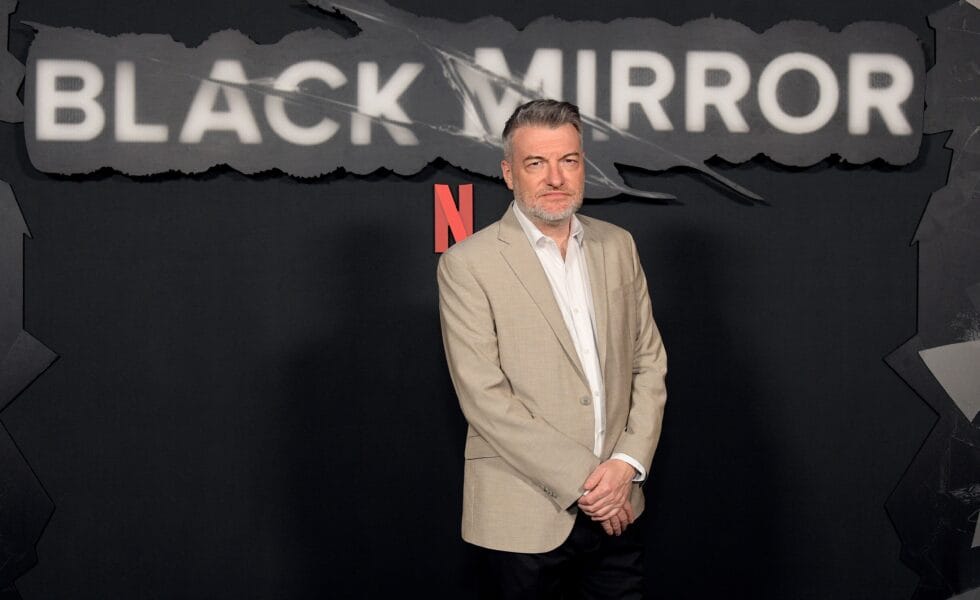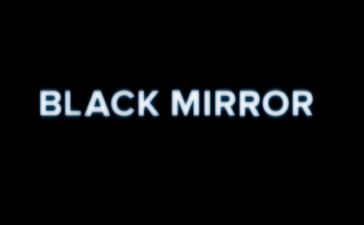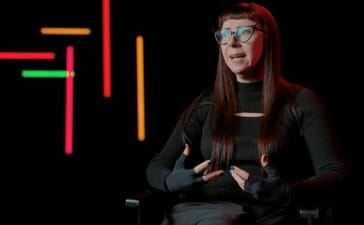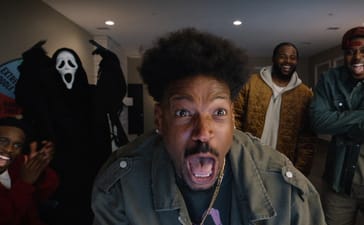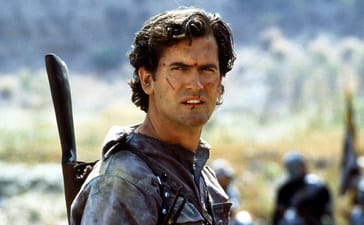Charlie Brooker has kicked off the Black Mirror season seven rollout in the most Black Mirror way possible. He dropped a QR code with zero context.
Brooker posted to X the code which links to a cryptic Google form titled “DON’T SETTLE FOR REALITY.” It teases an “exclusive evening” on April 8 in London, hosted by TCKR Systems and Streamberry. The latter being the fictional Netflix parody featured in season six episodes ‘Joan Is Awful’ and ‘Loch Henry’.
“Something big is coming and you can be a part of it, in a way few ever will,” the form reads. “Experience your life, but better.”
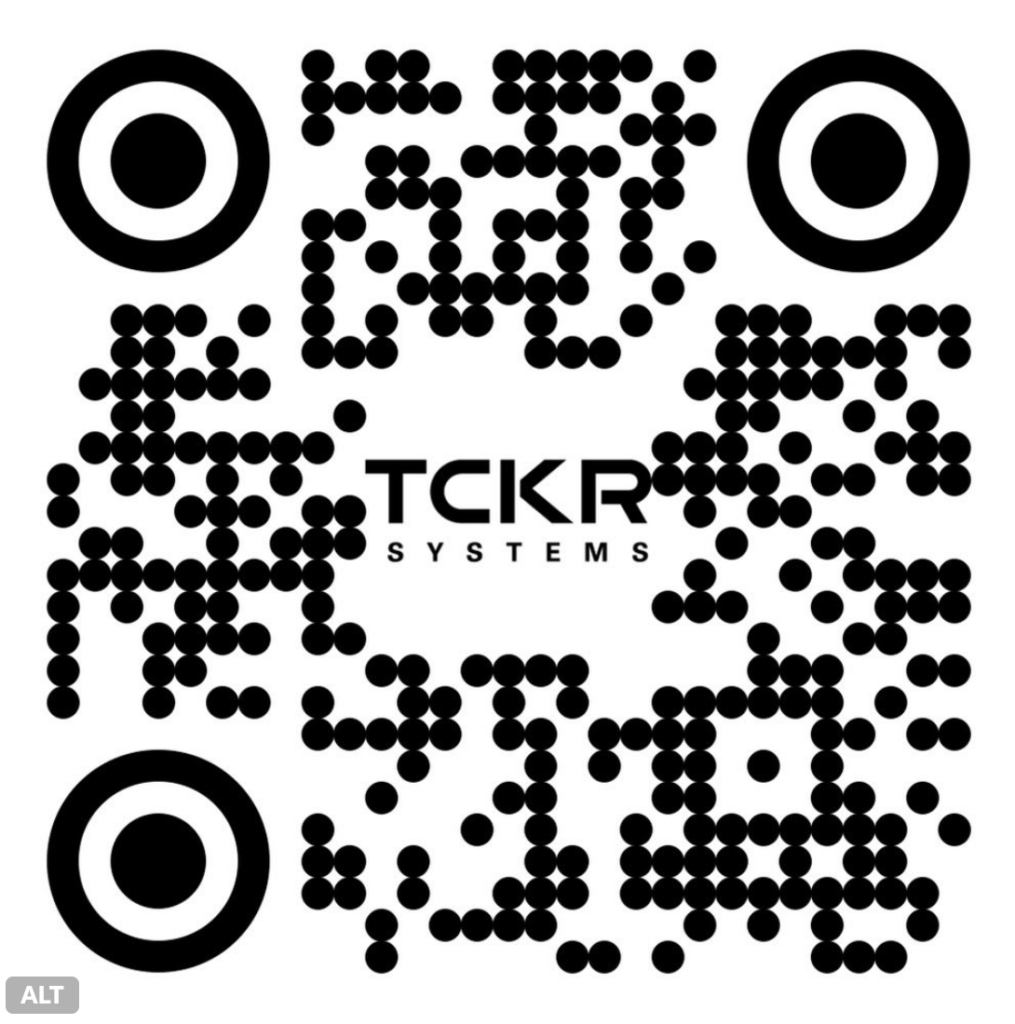
The QR code doesn’t reveal much. But it does set the tone: marketing disguised as immersive fiction, the lines between reality and simulation already blurred. It’s classic Black Mirror.
Season seven lands on Netflix April 10 and will feature six new episodes. It also includes a follow-up to the fan-favourite ‘USS Callister’. The cast is stacked, with Peter Capaldi, Rashida Jones, Emma Corrin, Issa Rae, Paul Giamatti, and Chris O’Dowd all on board. Cristin Milioti and Will Poulter also return, linking back to earlier Black Mirror lore.
The trailer dropped earlier this month, teasing everything from collapsing reality to historical black-and-white horror to AI identity crises. Capaldi’s seen talking about “mind expansion,” Jones appears as a schoolteacher having a breakdown mid-commercial, and it all looks suitably unhinged.
For Aussie fans, there’s no word yet on whether this cryptic “experience” will extend beyond London. But knowing Brooker’s fondness for tech-fuelled paranoia and fan interactivity, don’t be surprised if something digital and global follows.
Black Mirror originally launched on Channel 4 before being “effectively cancelled,” as Brooker put it in his recent book Inside Black Mirror. It’s been a Netflix property since 2016, but hasn’t lost its knack for tapping into collective unease. Whether it’s deepfakes, data mining, or the chaos of trying to sign up for an invite-only event that might not even be real.


